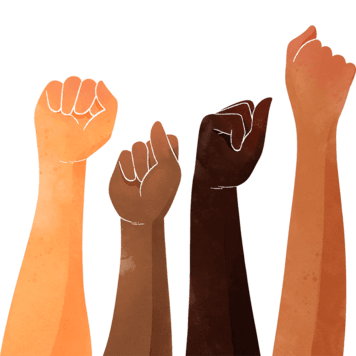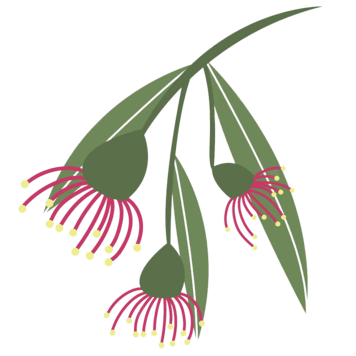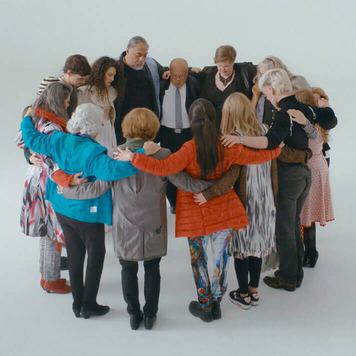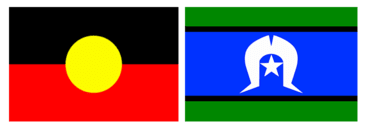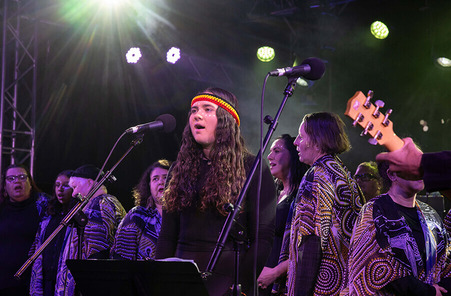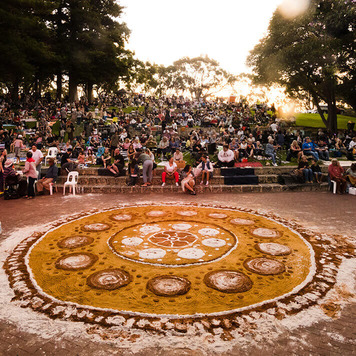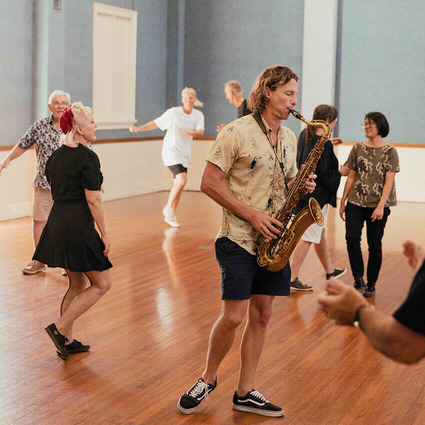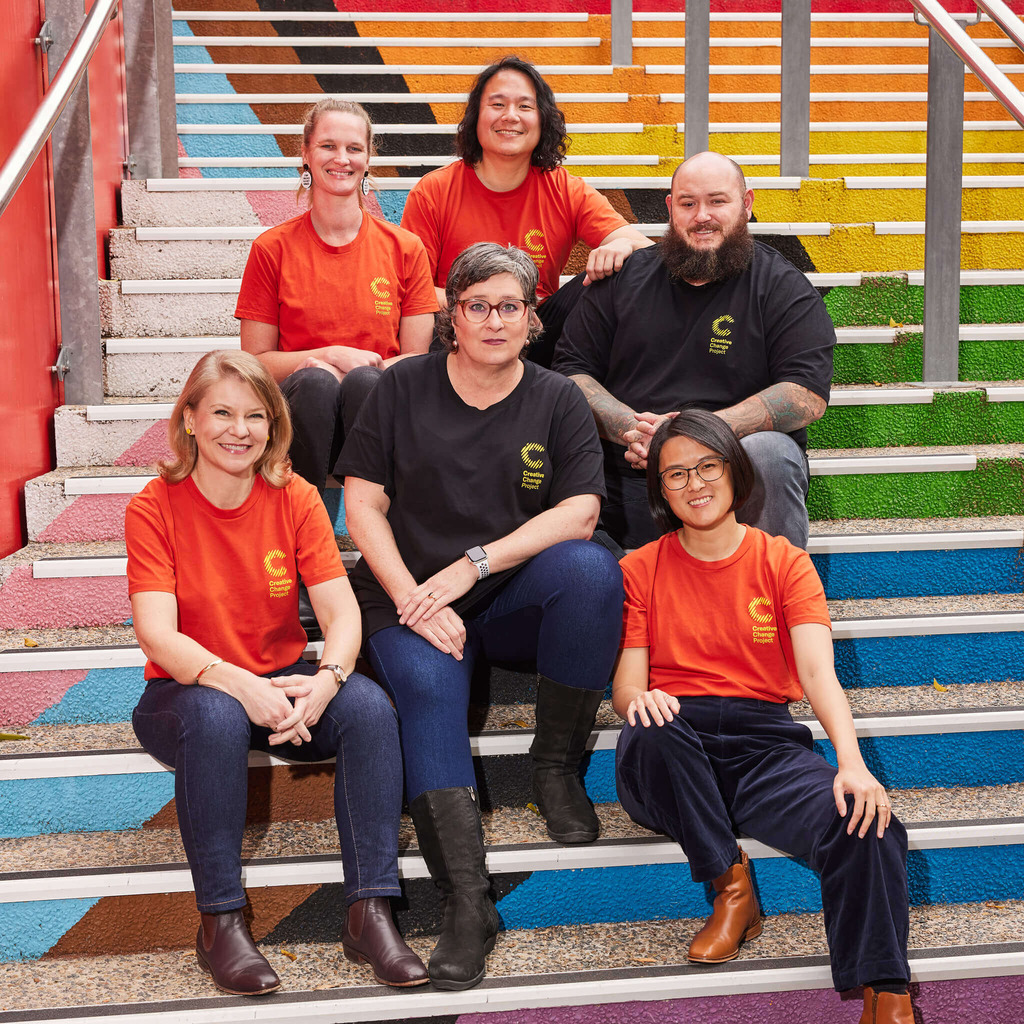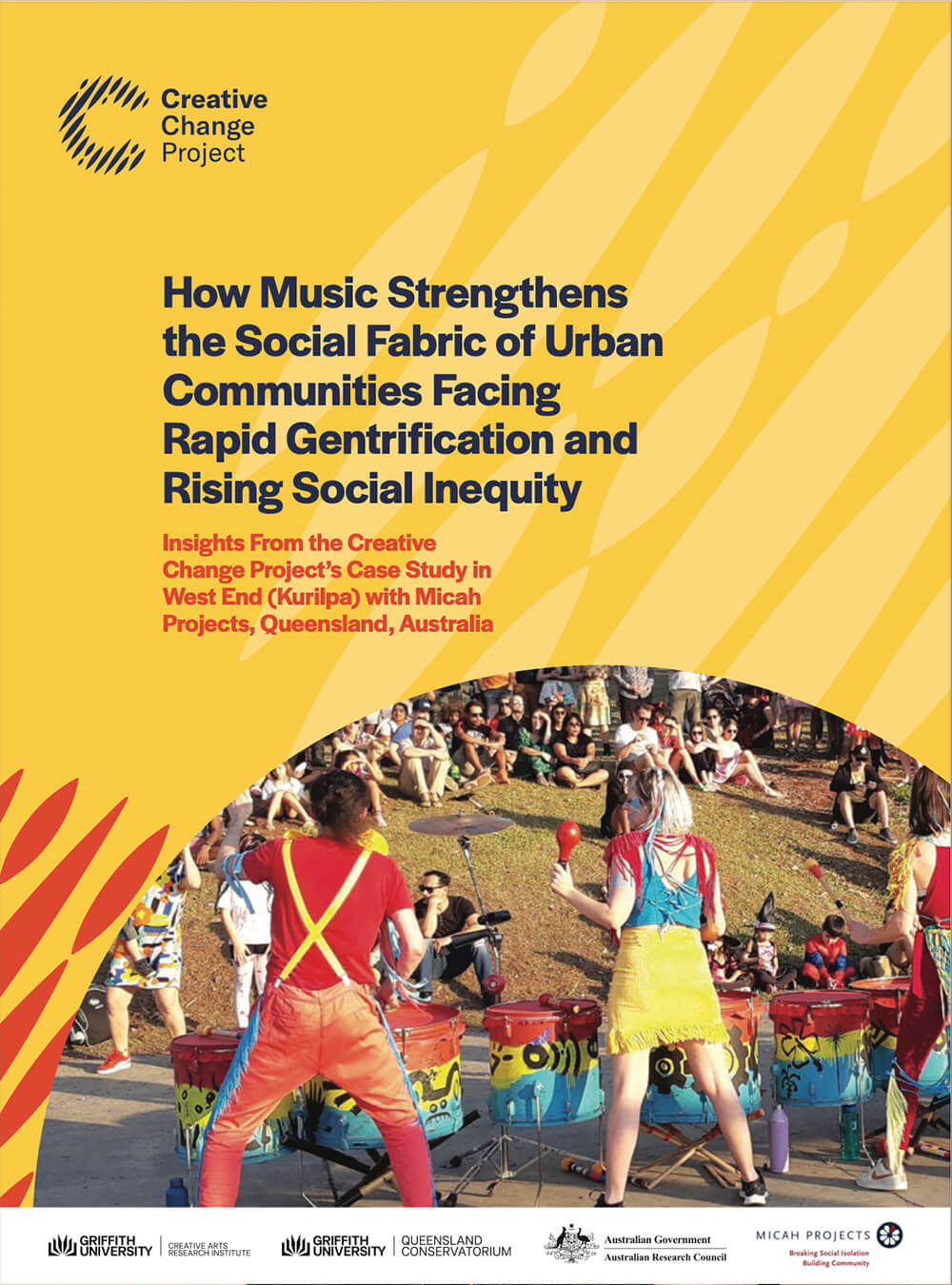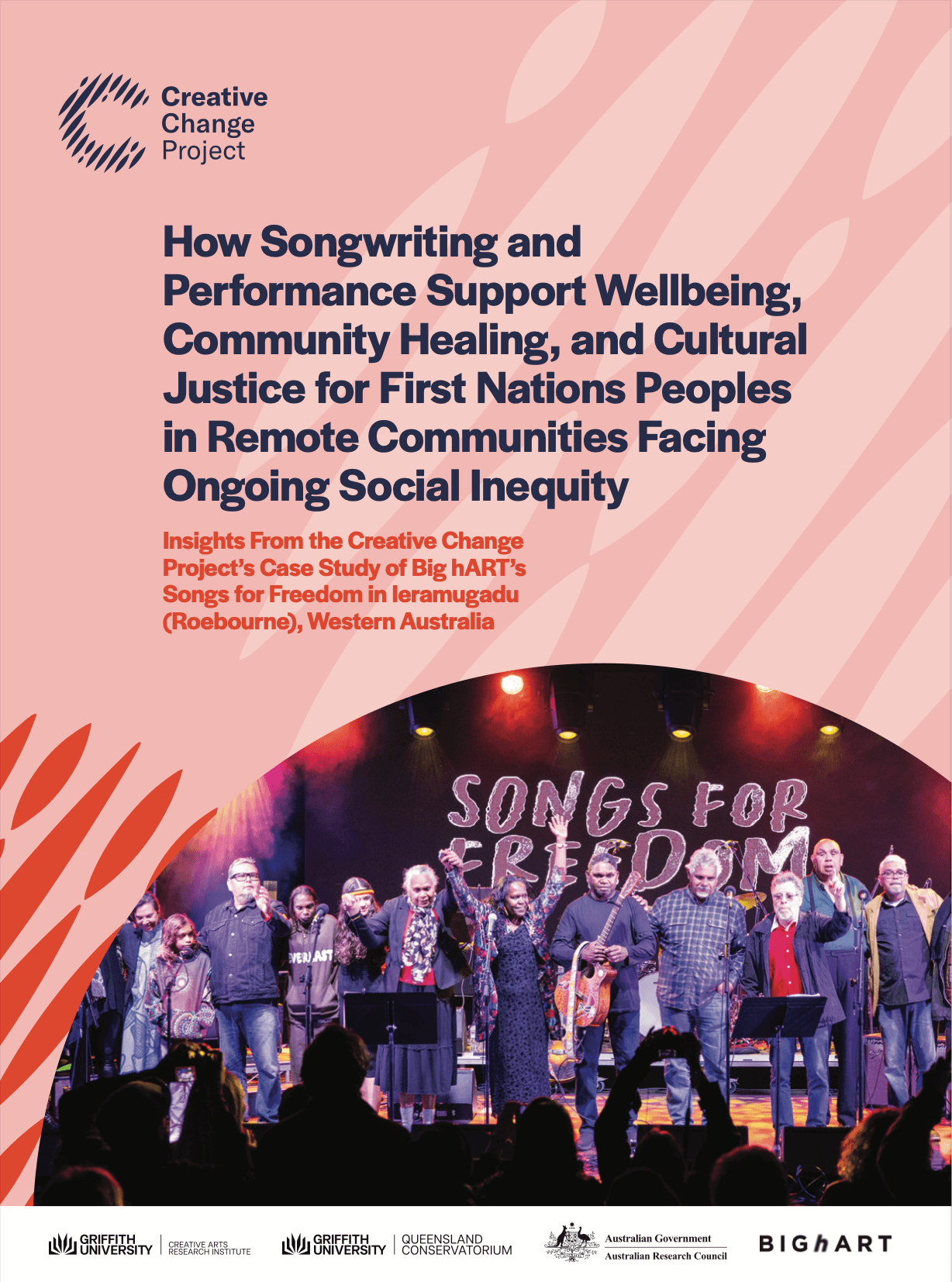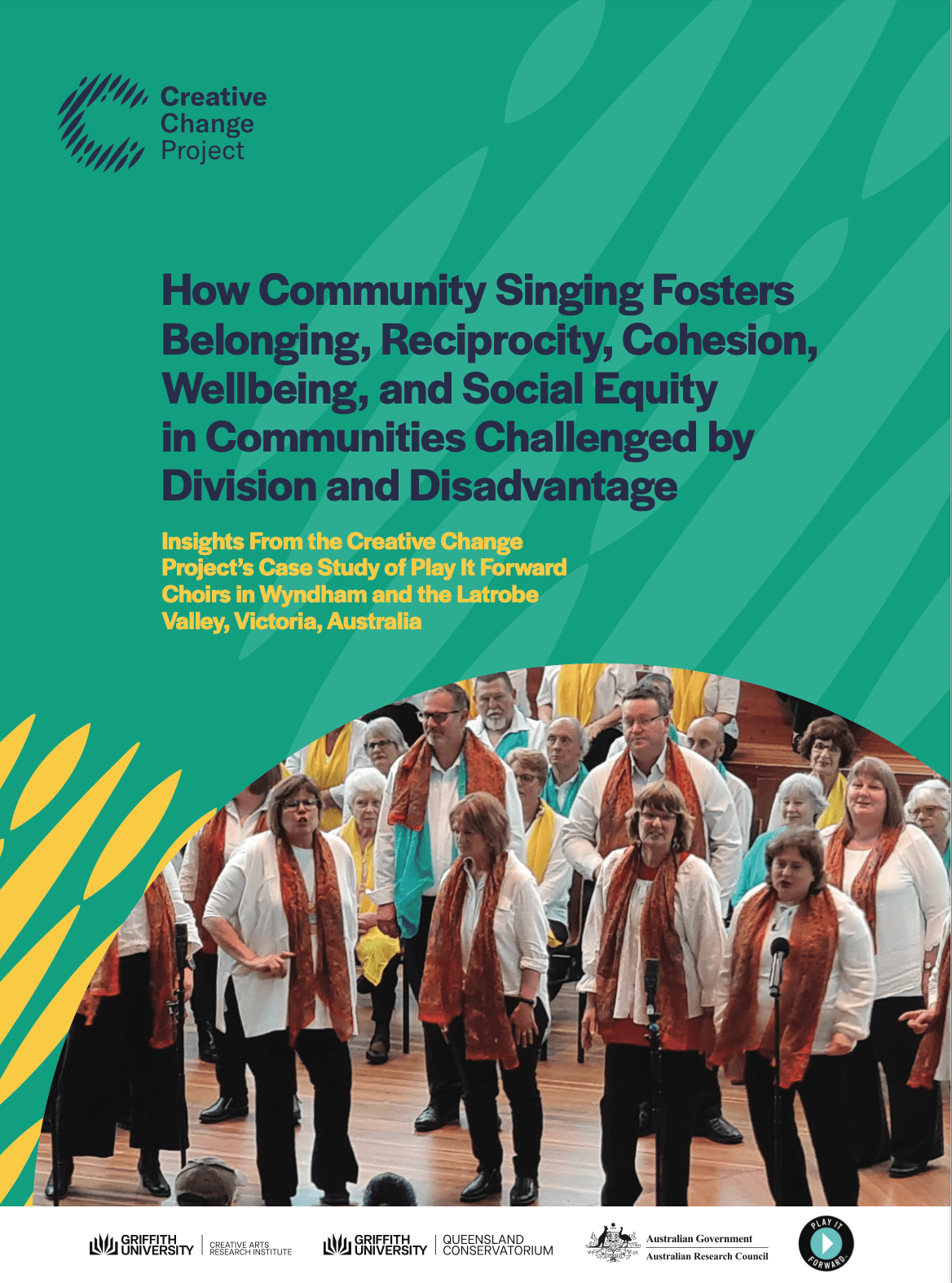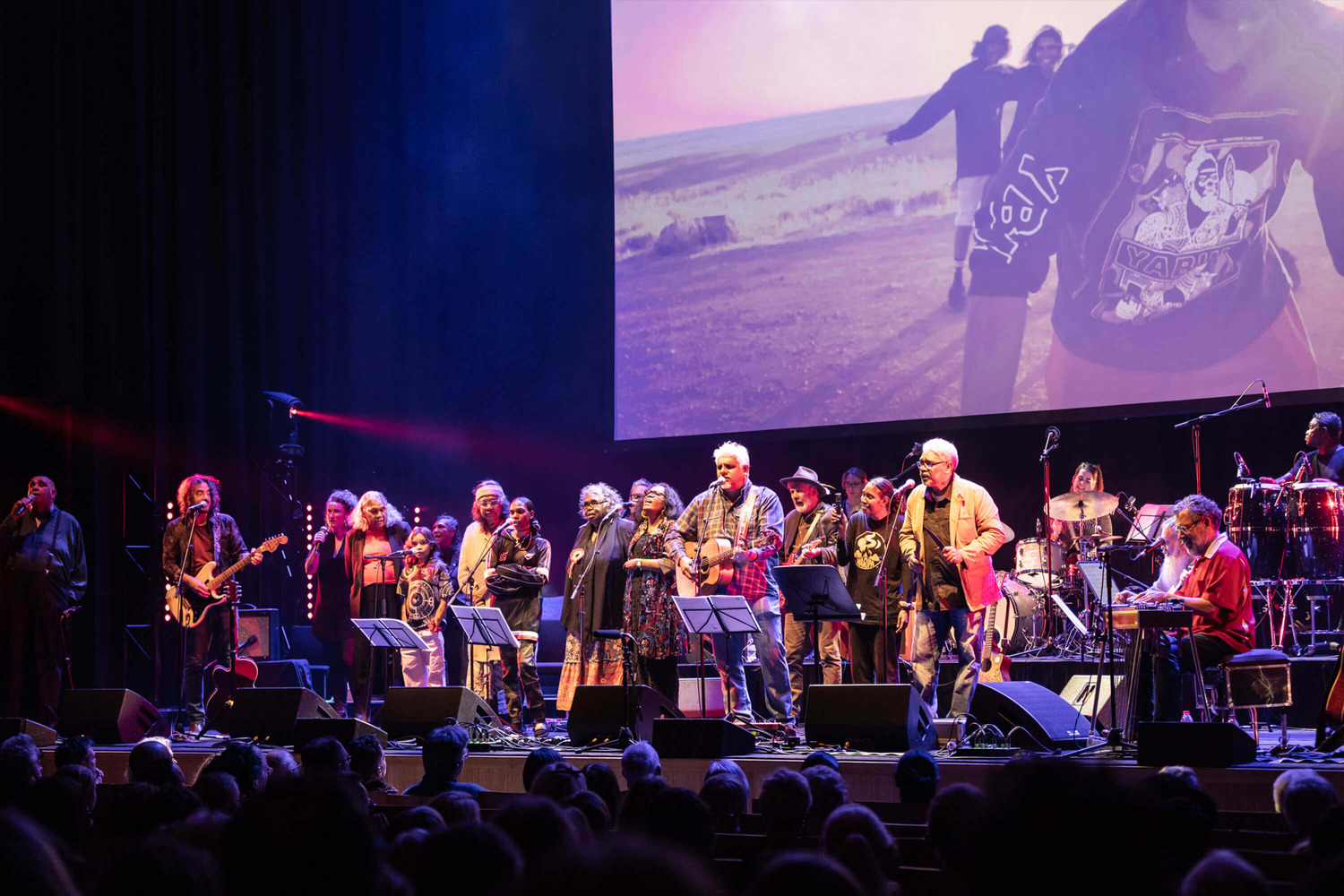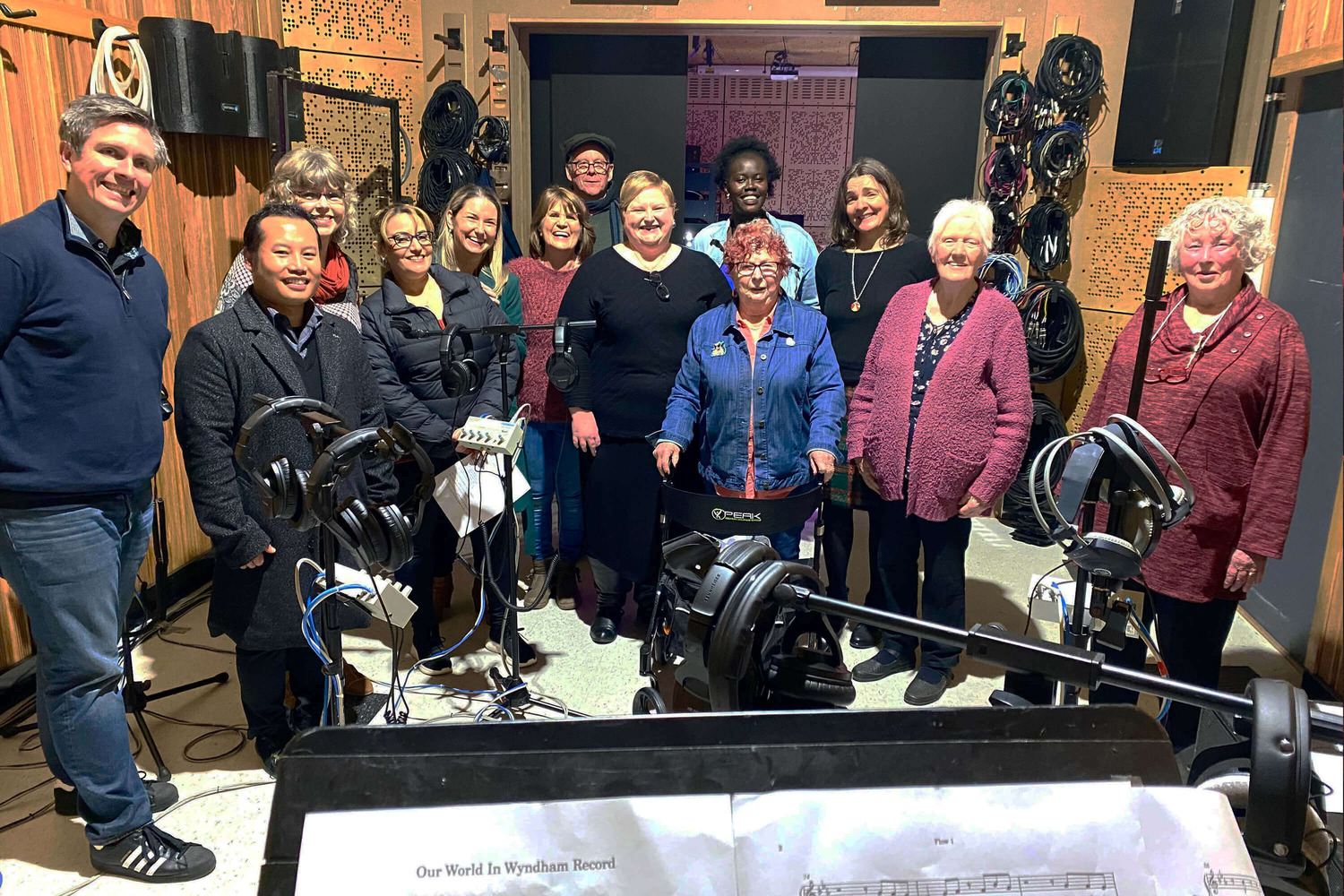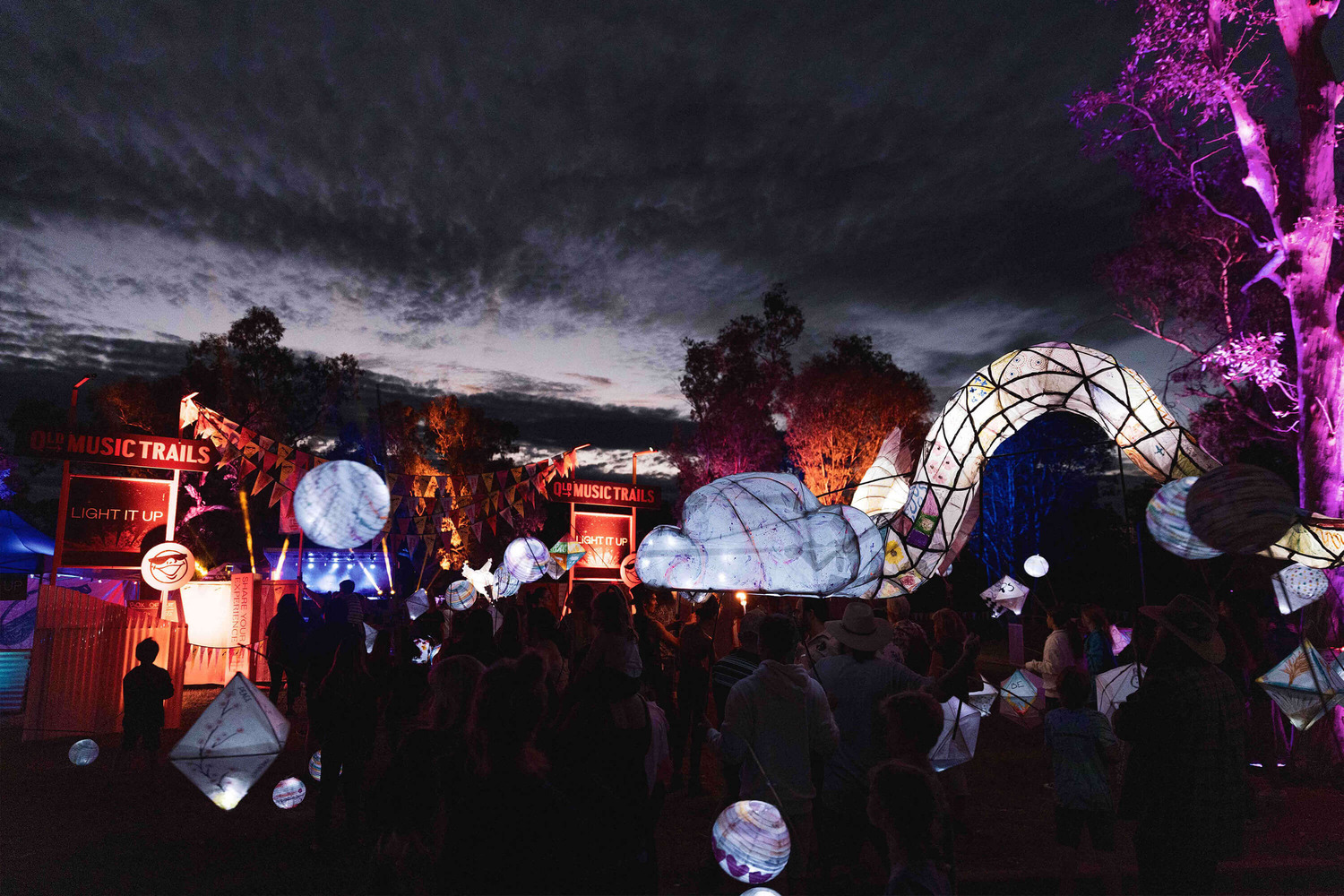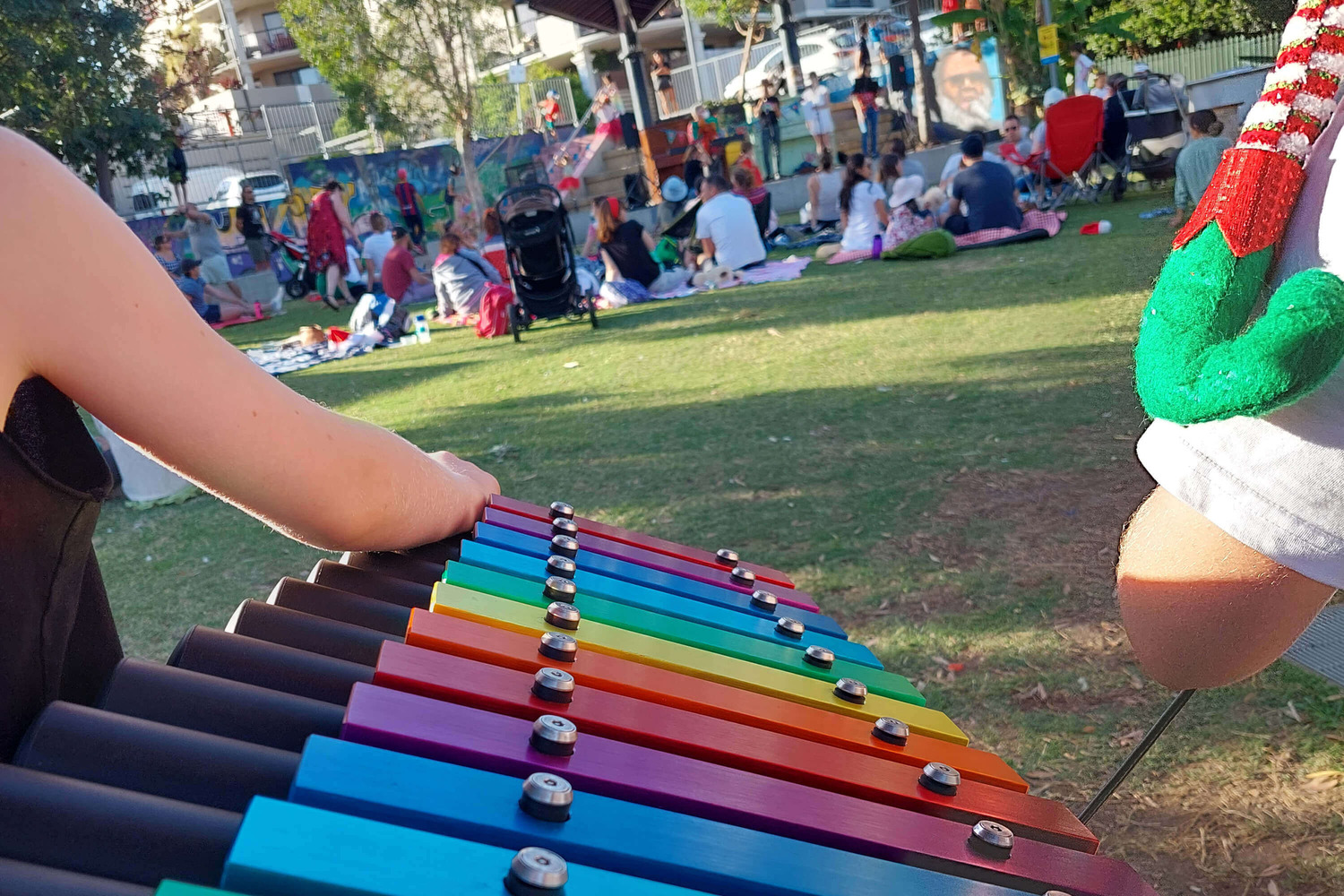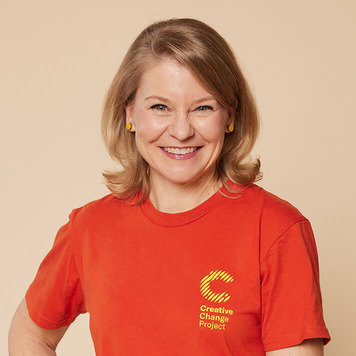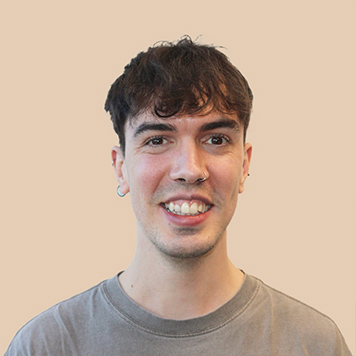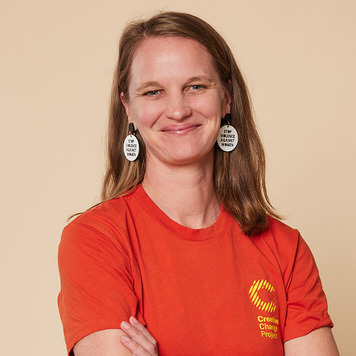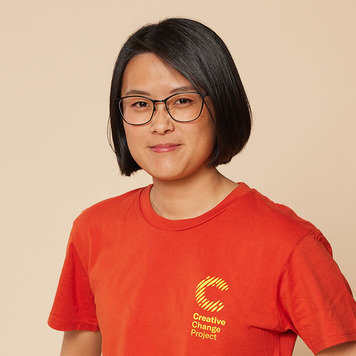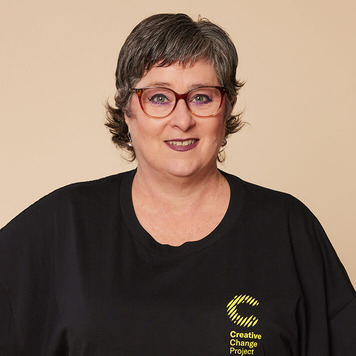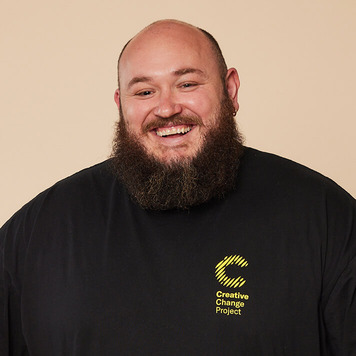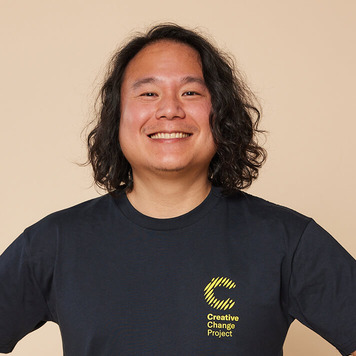Advisory Group
The Creative Change Project advisory group consists of leading
national and international researchers who provide guidance on
aspects of the projects design and implementation, and help
connect the project to international research developments in the
field.
Prof. Geoff Baker
Royal Holloway
University of London
Emeritus Prof. Linda Barwick
Sydney Conservatorium of Music
University of Sydney
Prof. Clint Bracknell,
UWA Conservatorium of Music
University of Western Australia
Prof. Ingrid Burkett
Yunus Centre
Griffith University
Emeritus Prof. Ian Cross
Faculty of Music
University of Cambridge
Prof. Jane Davidson
Faculty of Fine Arts and Music
University of Melbourne
Prof. Barbara Hesser
New York University Steinhardt
New York University
Prof. Lee Higgins
International Centre for Community Music
York St John University
Prof. Judith Marcuse
International Centre of Art for Social Change
Simon Fraser University
Assoc. Prof. Te Oti Rakena
Faculty of Creative Arts and Industries
University of Auckland
Kirsty Rivers
Development and Strategic Partnerships
Australia Council for the Arts
Prof. Heidi Westerlund
Sibelius Academy
University of the Arts Helsinki
A/Prof. Geoff Woolcock
External Evaluator
Creative Arts Research Institute
Griffith University
/
University of Southern Queensland

